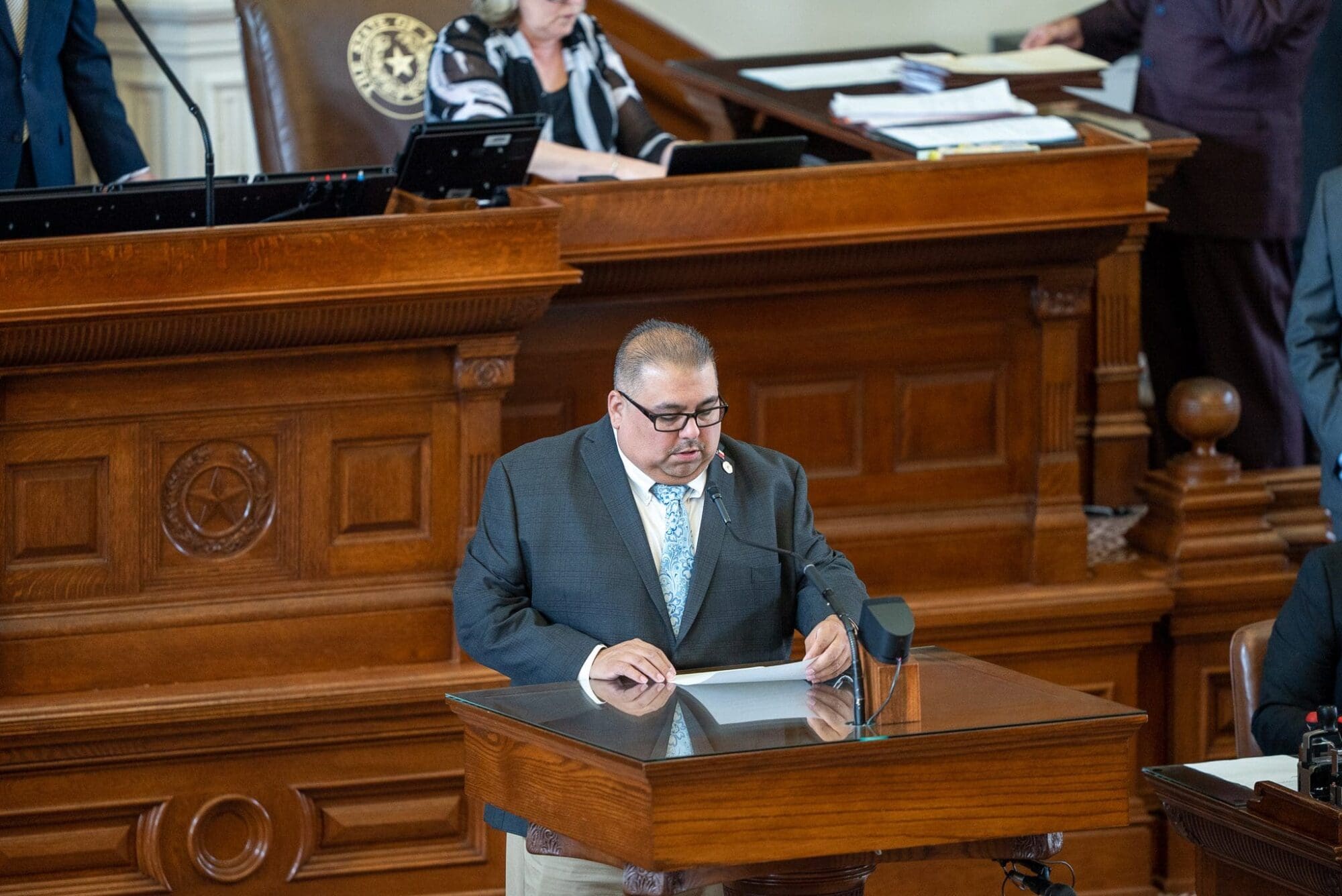The Texas Dept. of Housing and Community Affairs may spend $30.9 million in public funds on renovating apartment complexes in Northwest Houston to serve as low income housing. Meanwhile, Austin approved $55 million in bonds for so-called affordable housing, but should government be in this business at all?
The Houston Chronicle reports that nearby residents and legislators Sen. Dan Patrick, Rep. Patricia Harless, Rep. Debbie Riddle, and Rep. Corbin Van Arsdale are opposing some or all of these three apartment complex renovations. Many residents argue that this low income housing will reduce their property values and increase crime.
It is not clear at all that state and local governments should be subsdizing housing. If in fact taxpayers are going to pay to provide shelter to the disabled, homeless, or other individuals so poor they cannot afford a roof over their head, it seems that providing them vouchers directly would be a more direct and less political way of accomplishing this goal.
The Austin approach is particularly troublesome since much of the money is subsidizing developers of downtown lofts to provide a few units that are basically $250,000 instead of $400,000. It is mission creep – instead of focusing limited public funds on the most needy who could otherwise not afford housing, the Austin program is really about a social engineering agenda of government coerced co-mingling of different income groups in the same building and part of town. Â
Austin politicians and bureaucrats are trying to fight the market, which is driving up prices for downtown and other close-in properties. And while $55 million may sound like a lot, it is over many years so we are talking about a relative handful of so-called affordable units compared to the demand. It is basically a lottery in terms of the small slice of those who could qualify who will actually get them. Ultimately, this is tilting at windmills and an unjustifiable use of funds that should go to needed local priorities like police, fire, EMS, and roads.



